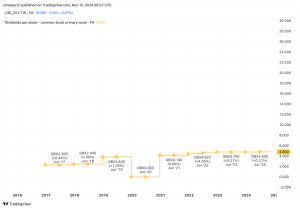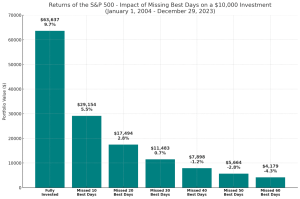Share this page:
Last week, Ofgem revealed its energy price cap will increase in April following a steep hike in wholesale prices. The new cap means households now face paying hundreds of pounds more on their annual energy bill.
To address rising energy costs, the chancellor announced households will receive a £200 ‘discount’ on their energy bills. But did you know that some people won’t get the discount, even though they’ll still have to pay for it? Here’s everything you need to know.
What’s the deal with the £200 energy bill discount?
The government has announced that every household will receive a £200 discount on their October energy bill. This means you’ll have £200 credit automatically applied to your energy statement later this year.
However, it’s worth bearing in mind that this £200 credit is essentially an interest-free loan. That’s because you will pay back the £200 in instalments over five years, starting from 2023. These instalments will be five payments of £40 that will be added to every household energy bill from 2023. The government is therefore banking on energy prices falling between now and 2023.
However, if energy bills don’t fall by 2023, struggling households may face even higher energy bills in future.
Despite this, Chancellor Rishi Sunak said the new scheme would save households money in the short term. He explained: “It is not sustainable to keep holding the price of energy artificially low. For me to stand here and pretend we don’t have to adjust to paying higher prices would be wrong and dishonest.
“Without government intervention, the increase in the price cap would leave the average household having to find an extra £693. Instead, the typical household will effectively need to find an extra £493 now, before paying back an additional £200 over five years from 2023.”
How could you miss out on the £200 energy bill discount?
The £200 discount will be automatically applied to every household’s energy bill in October. In other words, it isn’t optional.
Because of this, the £40 repayments from 2023 also aren’t optional. This means every household will have to pay it back through higher energy bills in future. Crucially, these payments will also be added to the bills of those who don’t benefit from the £200 discount.
So if you’re currently studying, living with your parents, or you are temporarily out of the UK, you won’t bag the £200 discount. Despite this, if you become liable to pay energy bills next year, you’ll face higher energy bills regardless.
You may also miss out on the £200 if you currently live in a house where you pay your landlord for energy directly. That’s because there is no obligation for landlords to pass on the £200 saving to tenants who have such a rental agreement.
You may also miss out on the full £200 if you live in a house share. That’s because your obligation to pay energy bills will likely be shared between tenants. For example, if you live with four others, then you’ll only benefit from a discount of £50. This means that if you upgrade from a flatshare to living alone between October and 2023, you’ll have to pay back the £200, even though you only benefited from a £50 discount.
As a result of these ‘loopholes’, many will view the scheme as unfair, especially as it has been implemented in a way that can place the burden of higher energy bills on those unlikely to be earning high incomes in future. For example, if you finish studying, or move out of your parents home between October and 2023, it’s unlikely you’ll be earning a high income as soon as you enter the workforce.
Are you worried about rising energy bills?
With the £200 discount not paid until October, see our article that explains how you could save over £240 on energy bills right now.
Was this article helpful?
YesNo
About the author
Karl is a writer specialising in investing and personal finance content. He regularly contributes articles on savings, bank accounts, mortgages, and loans. He was previously a Personal Finance Writer for MoneySavingExpert.
Share this page:
Some offers on The Motley Fool UK site are from our partners — it’s how we make money and keep this site going. But does that impact our ratings? Nope. Our commitment is to you. If a product isn’t any good, our rating will reflect that, or we won’t list it at all. Also, while we aim to feature the best products available, we do not review every product on the market. Learn more here. The statements above are The Motley Fool’s alone and have not been provided or endorsed by bank advertisers. John Mackey, CEO of Whole Foods Market, an Amazon subsidiary, is a member of The Motley Fool’s board of directors. The Motley Fool UK has recommended Barclays, Hargreaves Lansdown, HSBC Holdings, Lloyds Banking Group, Mastercard, and Tesco.
This post was originally published on Motley Fool







